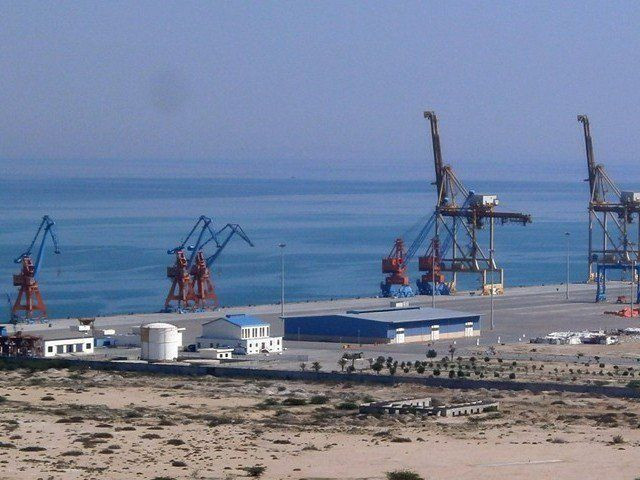A time of complexity
The creation of the China-Pakistan Economic Corridor is having an effect on the status of Gilgit-Baltistan region

The creation of the China-Pakistan Economic Corridor is having an effect on the status of Gilgit-Baltistan region
The debate within government is around making a shift in a historic position that may have an impact on the Kashmir region generally and at the front of the agenda on the status of the proposed talks due to be held between India and Pakistan. It may be that Gilgit-Baltistan will be the subject of a constitutional amendment, and that for the first time the region be mentioned in the Constitution, bringing the possibility of it being absorbed into Pakistan as an additional province with the new entity able to send two representatives to the National Assembly, albeit only with observer status. Were that ever to happen, purely speculatively, that might ‘allow’ India to ‘absorb’ Kashmir. Were either eventuality to become a reality, it would radically alter the contours of the map and potentially provide the key to unlocking either a Pandora’s Box of troubles or a potential solution to an intractable problem.
China-Pakistan corridor: Nawaz to break ground of western route ‘soon’
Paramount among all the speculation has to be the will of the people themselves, those who live in the regions under discussion. The Chinese would obviously prefer a consensus-based outcome, given the speed with which the CPEC is advancing, notwithstanding the difficulties currently being experienced in Khyber-Pakhtunkhwa. Whilst we give a cautious welcome to anything that might resolve an old conflict, it must develop in line with the wishes of the people of Gilgit-Baltistan, and nothing less will suffice.
Published in The Express Tribune, January 9th, 2016.
Like Opinion & Editorial on Facebook, follow @ETOpEd on Twitter to receive all updates on all our daily pieces.















COMMENTS
Comments are moderated and generally will be posted if they are on-topic and not abusive.
For more information, please see our Comments FAQ